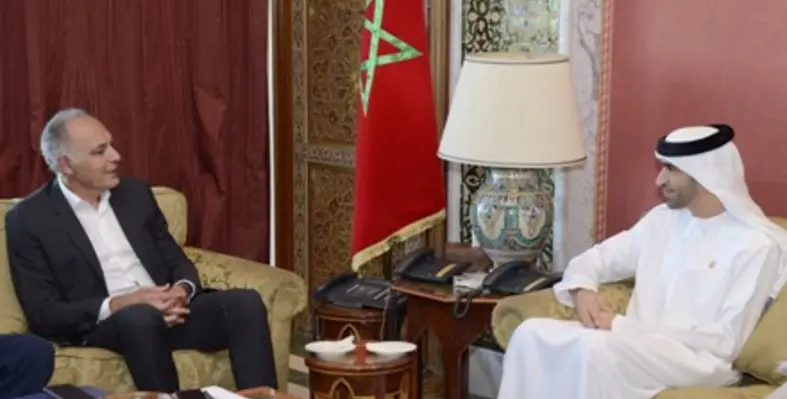Morocco?s King Mohammed VI inaugurated Noor 1 ? first phase of what will become the largest concentrated solar power plant in the world ? near the Moroccan city of Ouarzazate
At completion, the 580MW complex will provide clean electricity for more than one million people, helping Morocco reach its goal of generating 42 per cent of the country?s energy needs from renewable sources by 2020 and 52 per cent by 2030.
Morocco is scheduled to host the next Conference of Parties to the UN Framework Convention on Climate Change (COP22) in Marrakesh this November.
The 2016 Climate Performance Index ranked Morocco among the top ten countries making the most progress in addressing climate change and number one among newly industrialised countries, citing the country as one that shows ?the potential of developing countries to move forward?.
The World Bank has said that at a time when many economies are exhausting their natural resources and face constraints exacerbated by climate change, Morocco is setting an example by designing and embracing green growth strategies across sectors, noting that the right to a healthy environment and sustainable development has been enshrined in Morocco's constitution since 2011.
King Mohammed VI noted in a speech at COP21 in Paris last November, ?Morocco?s proactive policy on sustainable development and environmental protection encompasses a wide range of policies. These include energy subsidy reforms, coastal zoning, pollution and waste regulation, fisheries management, dam and watershed development, climate-smart agricultural practices, and beyond.?
Marie-Francoise Marie Nelly, World Bank country director for Maghreb and Malta, has said, ?What?s encouraging is that in all these areas there is a deliberate choice and clear policies that have been spelled out by the government, and they are actually walking the talk in terms of putting the resources and in terms of implementation.?








